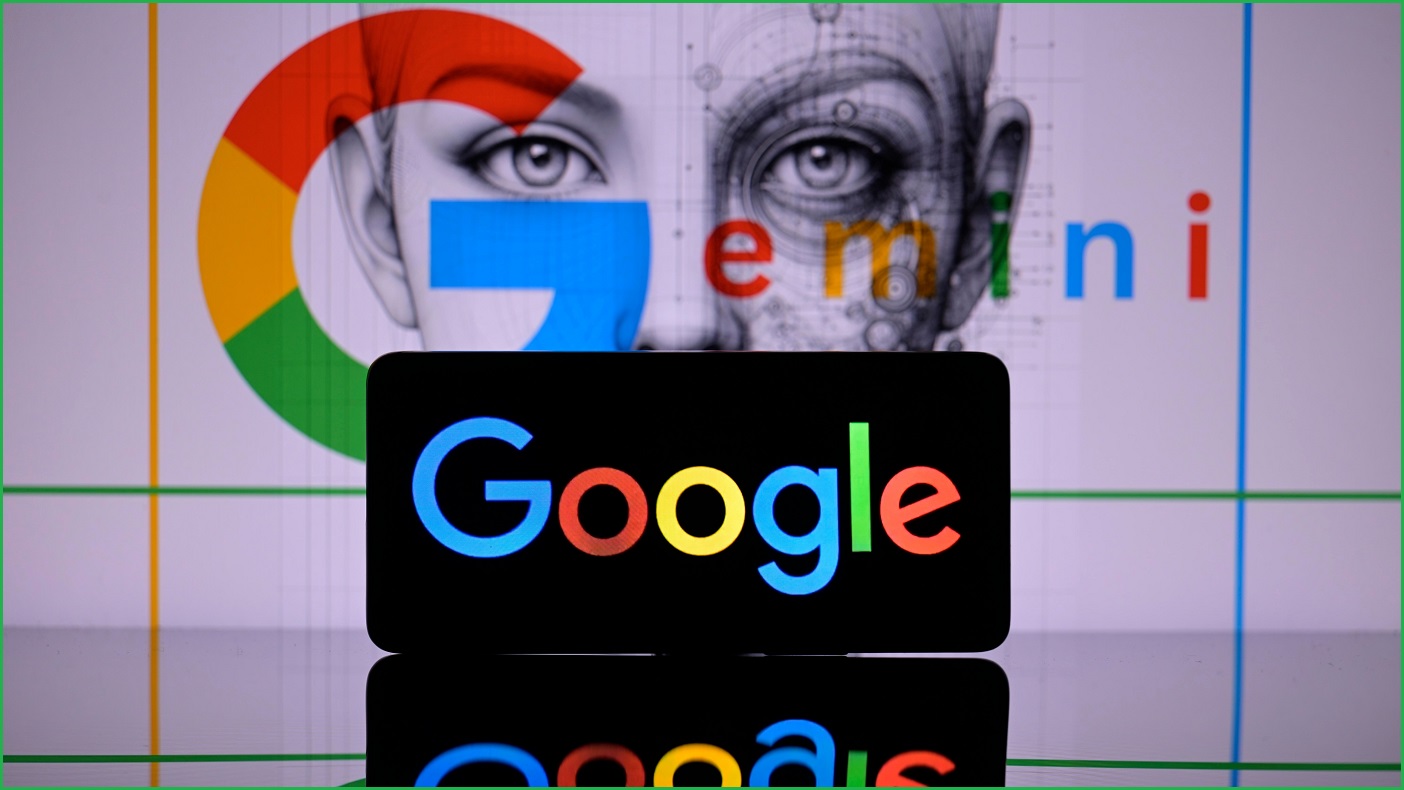Google is reportedly considering charging users for its AI-powered search capabilities in what would be a significant shake-up to its business model, with the tech giant also unveiling a range of new services targeting corporate customers.
The developers of generative AI tools are grappling with how to offset the enormous expenses in training and operating these large language models, with many already turning to subscription models.
According to a report by the Financial Times, Google is considering requiring users to pay for a subscription in order to access Google searches powered by its generative AI model Gemini.
This would be the first time that Google has charged for a key search function and would likely lead to a fundamental shake-up of how users access generative AI tools.
According to the report, the plan would involve Google offering new search engine functions using AI only to premium subscribers. Google already offers a subscription service for users to access its generative AI assistants in other tools such as Gmail and the office suite.
Google is currently working on integrating its generative AI model Gemini into its search engine responses, responding to queries with a single answer in a conversational style similar to OpenAI's ChatGPT.
This service was launched in beta trials in the US last year, and in the United Kingdom earlier this year, dubbed Search Generative Experience.
Google competitor Microsoft already incorporates its own generative AI tool into its Bing search engine. This is free for users to access but can only be used through the Edge browser.
OpenAI also launched ChatGPT Plus last year, a subscription plan offering users general access to ChatGPT at any time, faster responses and priority access to new features and improvements.
If it does opt to charge for searches underpinned by AI, it would mark a major new revenue model for Google.
A spokesperson for Google said this won’t involve an ad-free option for search engine users.
“For years we’ve been reinventing Search to help people access information in the way that’s most natural to them,” the spokesperson said.
“With our generative AI experiments in Search, we’ve already served billions of queries, and we’re seeing positive Search query growth in all of our major markets. We’re continuing to rapidly improve the product to serve new user needs.
“We’re not working on or considering an ad-free search experience. As we’ve done many times before, we’ll continue to build new premium capabilities and services to enhance our subscription offerings across Google. We don’t have anything to announce right now.”
AI ain’t cheap
Generative AI platform providers are grappling with how to pay with the major costs associated with running these systems.
Earlier this month OpenAI and Microsoft unveiled plans to build a $US100 billion data centre for AI training, while Meta CEO Mark Zuckerberg said he is aiming for the company to spend at least $US9 billion on Nvidia GPUs.
Google this week also unveiled a range of new generative AI products and updates as it aims to catch up to its tech giant competitors.
Google will be taking Gemini 1.5 Pro, its “most capable model yet” into public preview mode for Google Cloud customers and developers, while more AI features will be rolled out across the Google Workspace.
The company is specifically targeting these products at enterprise customers, with Google touting its work with the likes of Uber, Mercedes-Benz, Woolworths and McDonalds.
“For example, a gaming company could provide a video analysis of a player’s performance, along with tips to improve,” Google CEO Sundar Pichai said in a blog post.
“Or an insurance company could combine video, images and text inputs to create an incident report, making the claims process easier.”
Google unveiled its generative AI model Gemini late last year, as a multi-modal AI model able to understand text, audio, video, images and programming code and labelled “one of the biggest science and engineering efforts [Google has] undertaken as a company”.
But earlier this year Google was forced to pause Gemini’s function giving users the ability to generate images based on text prompts after some of these images were found to be historically inaccurate or offensive.










